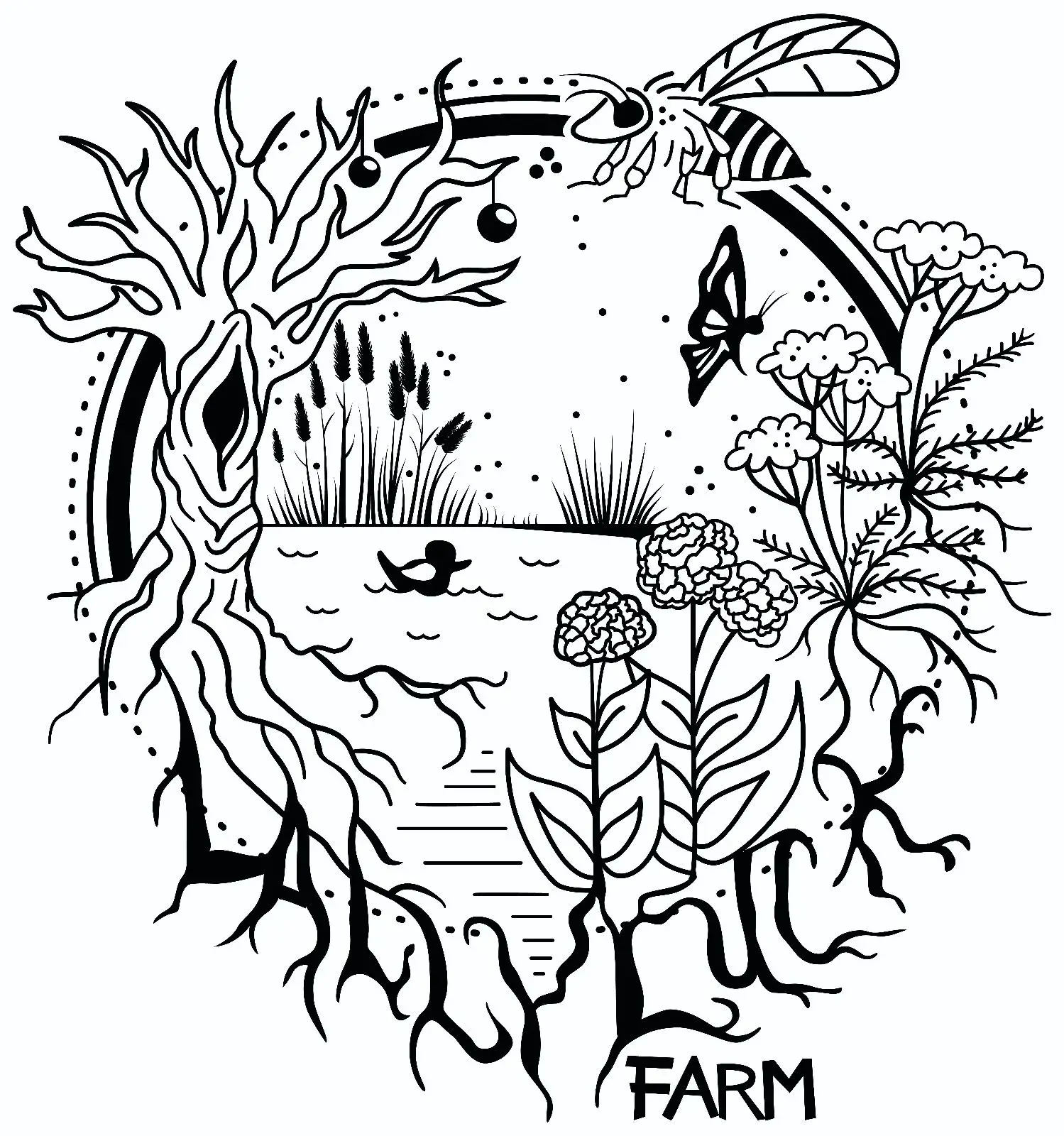My wife and I have always wanted to have a dog and out of an interesting turn of events, we have the opportunity to adopt a 2 year old dog that a family friend cannot take care of anymore (they developed an illness that radically saps their energy).
Super excited but a little worried about making sure the doggo is taken care of properly. We’ll have to drive him back in our car for 3h30 and we have an old overly-affectionate cat.
What do people think? Any tips? Relevant stories? Give me your thoughts and have an awesome day!🙂
deleted by creator
Fantastic. Thank you for this! Gives me a good idea what to expect. I don’t think I’d have stumbled upon this without your help so I appreciate it :)
Also oof never yelling at this dog ever. I was always yelled at and I turned out a skittish doggo. Not repeating those mistakes.
The number one secret of dog training: It is just creating a shared language between you and your pup so that they can be successful.
Are they doing something you don’t want them to? Teach them what you want them to do in that scenario instead. For instance, my dog used to sprint towards the road when he wanted to cross. I taught him to sit instead, and then we crossed whenever he asked by sitting to reinforce the much safer behavior.
The point is to teach them how to tell you what they want/need in healthy ways, and actually listen when they do what you taught them. Another example, give them a way to tell you they need to go outside (bells they can ring is a good option) and then let them out when they ask in the way you taught them.
Very true! I felt this a lot with my cat over the years. You learn their language and slowly work out a shared understanding of some body language and tone of meows.
Fortunately for us this doggo is already more or less trained (taps the front door when needing to go out), sits and stays and gives his paws. We’re just going to need to help him unlearn the tendency to associate his ball with a reward because he doesn’t know when to stop playing. I’m exhausted haha.
Congratulations!
Have treats for the cat ready to go. A perceived loss of attention can cause negative behaviors but having something to balance that loss can help to smooth the transition.
Dogs thrive on consistency, so be sure to bring home as many of his toys, blankets, and treats as you can, and keep the food consistent. Keep feeding schedules, walking schedules, and bedtimes as “normal” as you can. These things can help to keep the stress of rehoming low, though the 3-3-3 rule posted by another commenter is likely to be close to your experience.
If his humans have done training, get a list of the cues he knows. If they can shoot a quick video of how they give the cues, that can help bridge the communication gap between you and the pup more quickly - dogs are mostly visual animals, so body position and any hand signals are a large part of how the dog knows what’s being asked of him.
Have a place for the cat to get away from the dog, and do introductions slowly. Have a place for the dog to get away from the cat, as well. Supervise interactions and play, and be ready to intervene/distract until you’re confident that they’re each respecting each other’s play intensity. If one animal is looking to stop playing, help the other learn to respect that with praise, treats, or physical affection. In that vein - every mammal on earth uses laughing to communicate play intentions. Rapid sneezing is dog laughter. Some dogs are verbal during play - barking and growling is a normal play occurrence and you should be looking at body language in addition to listening.
Dogs are bad at generalizing. Just because he’s been potty trained does not mean he’ll know where he’s supposed to do his business at your home. This used to be one of the biggest learning curves I’d have to help clients through, so consider him to just not be housetrained. Have some enzymatic cleaner on hand for cleanup, to prevent reoccurrence of accidents in your home. Puppy pads are most useful for cleaning after the fact - putting them down during housetraining can be confusing for dogs, and I don’t recommend them.
Leslie McDevitt, Sophia Yin, and Karen Pryor are my top three recommended authors for learning to communicate effectively with dogs. If you’re looking for video lessons, Kikopup (Emily Larlham) is one of the best around.
If you have other questions I’m happy to answer them to the best of my ability.
Fantastic and informative. Thank you tons! This is a great help.
We were just thrust into this scenario with an elderly family member, and now we have a cute senior dog. It’s going okay, but it’s been an adjustment.
First, get vet records and/or go ahead and establish care at a vet. Vets are extremely busy after everyone adopted pets during COVID - so better to go now, and make sure pup is doing okay.
Second, you’ll need the basics immediately - food, bowls, leash, collar, bags, etc. Hopefully your situation is easier and your friend can pass that stuff along.
You’ll also need to figure out potty timing. Dogs love being on a schedule. I don’t. So it may be a big adjustment to not sleep in, and to go for 5 walks a day at the same time every day. But congrats, that’s what you’re signing up for. Our dog is also a tiny breed and was never trained properly, so we are getting up at 4:30am to avoid accidents in the house. Does it suck? 100%. But we are still learning how long he can hold it overnight without an accident. We’re up to 5 hours now and we increase it a little bit each night. There may be a learning curve for you too.
Lastly, we also have an elderly cat and he’s fine as long as the dog stays ~3 feet away. The dog is terrified of him, so it’s usually fine. If he does get close, the cat hisses and growls so they mostly have a détente. I do keep any eye out on eating time, because the dog is scared to eat if the cat is like 3 feet away staring him down. We’ve also tried hard to make sure they get equal attention and love. Still, the cat isn’t thrilled about having all this hyperactive little brother energy around. We’re all just doing our best!
Sounds like our cat when any other dog is in the house haha. Maybe in a year or so they’ll warm up to each other but as long as they’re okay I’m happy.
Sorry to hear about the late night bathroom bouts. That’s what we’re expecting although his owners have him trained to tap a door when he wants to go out so here’s hoping we have an easier time. Appreciate the advice!
Oh, that’s so great that the dog is trained to signal to go out. I hope it’s an easier time for you, too! Best of luck!
You’ve had some lovely advise already which I agree with. Treat the dog kindly, train them with positive reinforcement and love.
But something I think so many new dog owners neglect is to research the breed. Dogs were selectively bred and some traits like energy level, play style, etc are baked in. For example cocker spaniels are retrievers, they were bred to retrieve game, so they want to have something in their mouth, and a lot of new owners will take away everything they try to take (shoes, socks, human toys) and not give them anything they CAN hold (dog toys) so they start aggressively guarding their prizes from owners and suddenly you have a dangerous dog.
If you understand the breed then you’ll know what the dogs instincts are telling them and it gives you a head start on making them happy.
The second thing is, a tired dog is a good dog. If you’re all having a bad day and the dog isn’t listening, then a good long walk followed by a nice sleep will normally sort it out.
Right on about needing to have lots of toys available. Our second day of having him we went out and bought lots of different toys for him.
Good dog ownership, you saw what he needed and sorted it. You’re starting strong.
Though I will say, retrievers, you can sometimes give them a literal chest full of toys, and really all they want are your napkins and mail.
I let them shred apart toilet paper tubes though.
Solid advice. Little dude is enamoured by bog rolls.
Oh yes, absolutely
check out cattle dog publishing for lots of behavioral training tip articles. the woman behind it (dr. sophia yin) had a real gift not only with animals but explaining to humans how to implement them.





